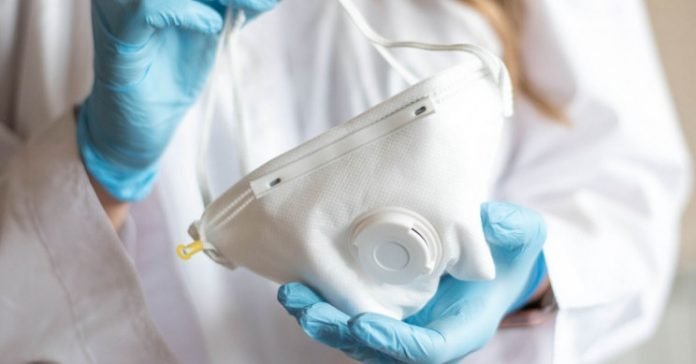Researchers at American colleges, MIT and Harvard are working to develop a face mask capable of producing a fluorescent signal when a person with the coronavirus breathes, coughs, or sneezes.
Led by Jim Collins, a bioengineer at MIT, the team hope to adjust earlier technology designed to detect the Ebola and Zika viruses for use during the current pandemic.
If fhey successfully attempt to produce this face masks, they will be offering a speedy alternative to formal testing for the coronavirus, with doctors potentially able to diagnose patients on the spot.
Speaking to Business Insider about the team’s work, MIT’s Mr Collins said the technology was still in the “very early stages” of development, but added the results to date have been promising.
For the past few weeks, his team has been testing the sensors’ ability to detect the novel coronavirus in a small saliva sample.
“Once we’re in that stage, then it would be a matter setting up trials with individuals expected to be infected to see if it would work in a real-world setting,” he added.
The virus-identifying technology is already proven to be effective more generally, however.
By 2018, the lab had developed sensors capable of detecting viruses that cause SARS, measles, influenza and hepatitis C, among other diseases.
If the project proves effective, the team hopes to begin manufacturing masks for public distribution by the end of summer.
![]()










